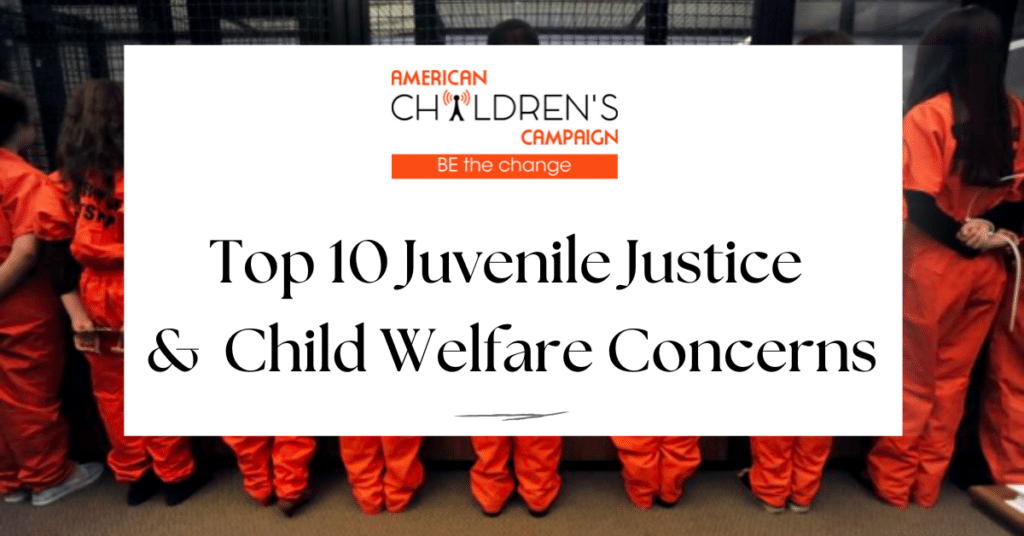
Florida law enforcement has the authority to issue civil citations to children under 18 who commit misdemeanors such as minor theft, vandalism and underage drinking. By not making an arrest, it avoids giving a minor a criminal record that will follow them for the rest of their lives. However, the use of civil citations varies widely from county-to-county, with some using civil citations up to 95% of the time and other counties not using them at all. This “injustice by geography” requires statewide action so that children are treated equally for the same behavior. Learn more about Operation Even Justice

This new term stigmatizes youth for misdemeanors and non-threatening teen misbehavior. Parents are right to dislike the new terminology labeling their kids and setting them apart from their peers.

Upon release, some children are placed into the foster care system which isn’t designed to meet their needs and they often end up back in a youth prison. This bad practice is widely known and also harms the effectiveness and operation of the child welfare system.

Community Based Care was passed in 1996 in a bipartisan response to public dissatisfaction. In general, the CBC model is better at serving Florida’s vulnerable children – especially in the areas of adoption and prevention. While improvements can be made to CBC governance, limiting executive compensation and involving local groups with more diverse management skills and perspectives, the executive branch must request the funding required to meet CBC’s vision and promise of fostering local partnerships to serve their most vulnerable children. Learn more about Florida’s child welfare.

Excluding foster parents from being an active part of the total case plan, overlooking their needs and burnout are contributing factors. The stipend provided to foster parents and relative caregivers, while improved recently, still requires foster parents to use their own money for child care, transportation, clothes and to allow children to participate in the same activities as their peers.

Better models exist that ensure on-site therapeutic staff and caseworkers are able to respond to children’s trauma, mental health, and involving families. Some children will not thrive in a family foster setting nor will it meet the needs for sibling groups separated by placement difficulties.

To stop the revolving door, DJJ must rebuild its network of local prevention, intervention and treatment options. This requires increased state funding to address juvenile crime by re-initiating services such as counseling, crisis intervention, substance abuse, mental health and alternative forms of education inclusive of vocational training.

The Baker Act is intended for threatening situations to protect children who could be a harm to themselves or others. It is misused more often than not. Nine of 67 counties in Florida make up more than 50% of all youth involuntarily examined. Nearly 36,000 Florida children are Baker Acted each year. The inappropriate use of the Baker Act is severely traumatizing to children and their families.

It’s a highly specialized area of the law requiring judges with knowledge, experience and longevity. Guardian ad Litem (GAL), the statewide program that provides a voice for children in the dependency process, offers a strong measure of balance and continuity but more needs to be done at the judicial level for Florida to succeed in providing dependent children with normalcy and permanency.

Read other parts of this series:
Part 2 – Child Health and Family Well-Being
